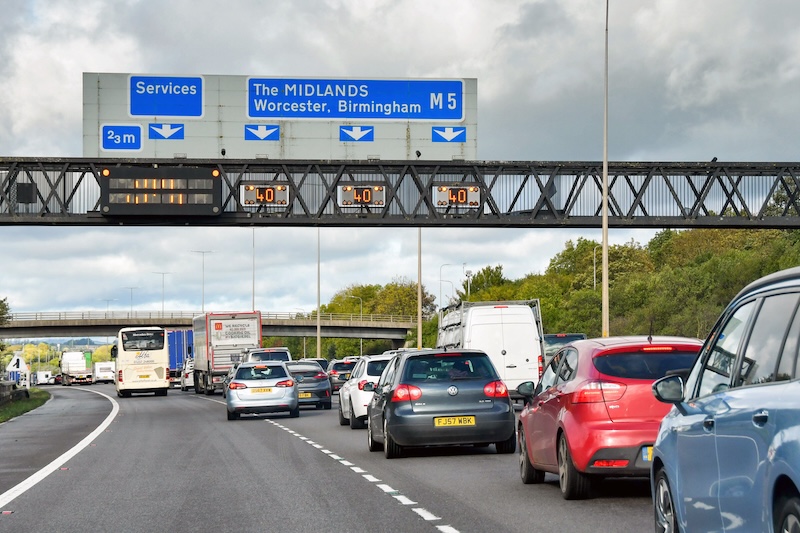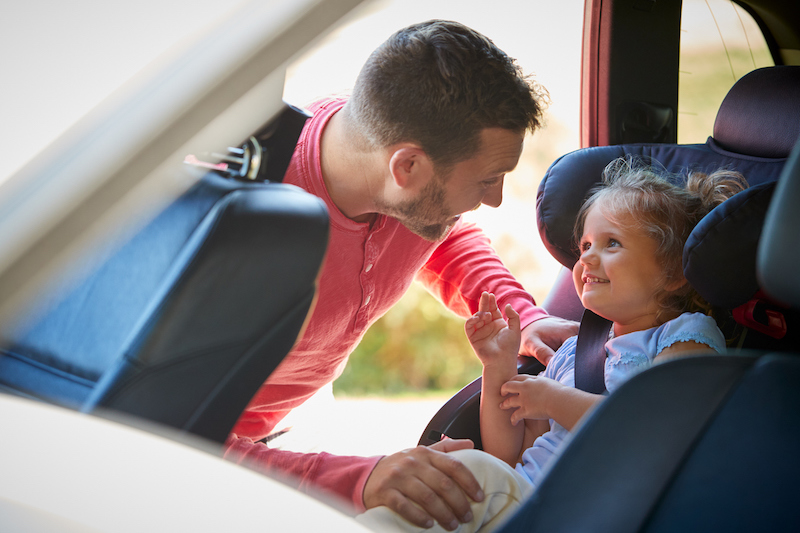Car buying guide: automatic vs. manual

You’ve chosen your colour and your add-ons. But what about the gearbox?
Choosing between a manual and an automatic car is a very personal decision. Which type of vehicle best suits you will depend on a number of things from your driving style to how often and how long you spend on the road.
We’ve weighed up the pros and cons of each, to help you decide whether manual or automatic is the right choice for you.
What’s the difference between manual and automatic?
The main difference between manual and automatic is that automatic cars don’t have a clutch pedal. In a manual car, you’ll have 5-6 gears, plus reverse, that you manually switch between as you drive.
Automatic cars have a simplified gearbox, selecting the appropriate gear depending on the speed you’re travelling at, and the elevation and condition of the road.
So, which is the better choice? Let’s weigh it up…
Pros of driving a manual car
- More control: a manual gearbox gives you complete control over the handling of your car, this can be particularly useful in adverse weather or when driving on uneven roads
- Cheaper to buy: brand new manual cars are generally cheaper to buy than their automatic alternatives
- Maintenance: repairs tend to be cheaper on manual cars, as they have a less complex design and are therefore less prone to things going wrong
Cons of driving a manual car
- More difficult to drive: manual cars are generally thought to be more difficult to drive, particularly when it comes to driving in urban environments and stopping on hills
- Leg ache: constantly lifting your foot on the clutch can become uncomfortable on long drives, or where traffic conditions require a lot of stopping and starting
- Safety: operating a manual car means regularly taking one hand off the wheel. Driving will also require more concentration, as you’re responsible for maintaining the correct gear
Pros of driving an automatic car
- Easier to handle: many people will find automatic cars simpler to drive. This is because the absence of gears means you only have to think about acceleration, braking and reverse, giving drivers less to think about
- Smoother drive: with seamless transitions, you can enjoy driving without that manual jolt between gears
- Ideal for city-driving: if you’re an inner-city driver, automatic cars can save a lot of footwork when it comes to stopping and starting in busy traffic
Cons of driving an automatic car
- The price: whether you’re buying new or second hand, automatic cars are typically more expensive than their manual counterparts
- Expensive repairs: with a more complex design, automatics tend to cost more to repair when things go wrong
- Performance: many drivers feel they get less out of driving an automatic, offering the driver less control over their acceleration
Are automatic cars better for learners?
For nervous drivers, or those looking to get out on the road as quickly as possible, learning in an automatic can seem like a sensible option. Automatic cars are generally easier to handle, making them less stressful for new drivers who can then concentrate on learning the rules of the road.
However, it’s important to consider that learning to drive automatic-only could be limiting further down the line.
Can I drive a manual car if I learnt in an automatic?
No. If you learnt to drive in an automatic car your driving licence will be restricted to automatic only. You’ll have to take another driving test in order to drive a manual vehicle.
If you have a full UK manual driver’s licence, you’ll be able to drive either manual or automatic without restriction.
Are automatic cars cheaper to insure?
While driving an automatic might be considered safer than a manual, automatic cars are actually more expensive to insure. This is because repairs and replacements on automatic cars tend to cost more than their manual equivalents.
It’s also worth noting that insurance premiums for drivers with an automatic-only licence can be significantly higher than for those with a full driver’s licence.
Are manual cars more fuel efficient?
Many people believe automatic cars use more fuel than their manual equivalents. While this might be true of older models, newer automatic transmission are much better-tailored for performance and mileage.
These days, new automatic vehicles tend to be just as, if not more fuel efficient than manuals.
Will manual cars ever be phased out?
The Government wants to ban the sale of petrol and diesel cars by as early as 2035 under new plans. Electric and hybrid cars do not have a gearbox, meaning they operate in much the same way as an automatic car.
BMW Sales and Marketing boss, Peter Quintus, predicts manual cars will be phased out within the next ten years.
He commented: “Basically I think it’s six or seven years before there will be no manual transmission.”
Shopping for a new car in 2020? Put your safety first with our guide to the top 10 safest cars of 2019.


